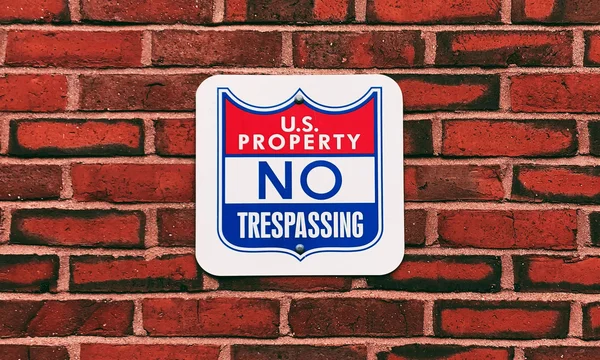The practice of supplementing contentions after the Court issues a claim construction ruling has become commonplace in this District. For the litigants, this timing is generally advantageous because it permits final contentions to be drafted with the Court's claim construction ruling in hand, and does not require the development of alternative positions that take into account each side's claim construction positions.
On the other hand, because the Markman process (in particular the identification of the terms in dispute) often occurs months before final contentions are due, it is not unusual for final detailed contentions to result in additional claim construction disputes, which the Court must resolve long after the initial Markman process.
Judge Noreika recently issued oral orders in several cases specifically to address this timing...







